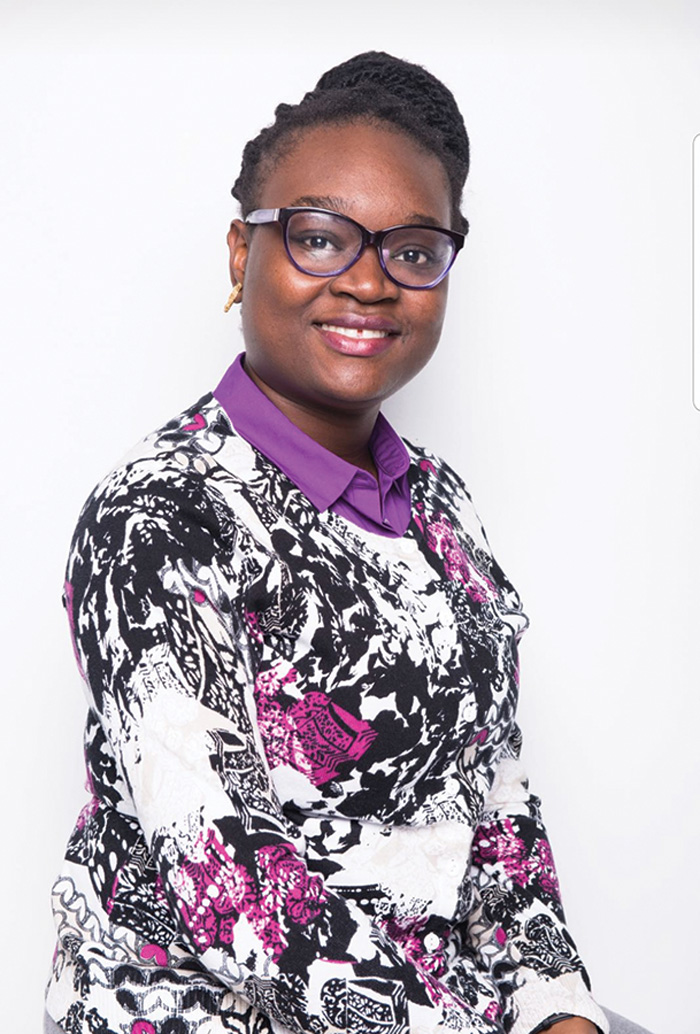IFT members seek balance amidst pandemic challenges
IFT World
Major life events such as the birth of a child, the move to a different country, or the start of a new job call for a reboot of our daily routine, or what’s commonly referred to as creating “a new normal.” With the advent of the coronavirus pandemic, individuals across the globe are making similar adjustments while striving for balance in their lives.
To find out how COVID-19 has affected IFT’s members, the editors of Food Technology invited them to share their perspectives. Below is a sampling of responses. To read more, visit the Brain Food blog on ift.org.
Matthew Hemby
—Florida
“At work most of my projects have been slowed to a crawl due to safety concerns surrounding tastings and recipe tests,” says Matthew Hemby, who is a chef and product developer for a company in South Florida. “I’m working in our QA department until things calm down, even though I haven’t been utilized for much more than oversight at this point. This makes it hard to feel like I’m making a difference in the company, but I’m just going to keep my head down and work on whatever crops up.”
Although his home life has not been greatly affected, Hemby worries about the safety of his family and his job security, grappling with thoughts such as “what can I do if any of my family becomes infected?” With only nine months in his job, he is also concerned “that cutbacks may leave me classified as non-essential since I’m in more of a design role in my company.”
Among the strategies he uses to stay positive are to “stay busy, keep taking all the free online courses that are available, and work on my baking skills. That, and applying to new opportunities as a safety-net approach to my worries. I’ve been reaching out to my support network on a more regular basis as well.”
Chinwendu Ozoh
—Iowa
Hailing from Nigeria, Chinwendu Ozoh is a first-year PhD student in the food science and technology program at Iowa State University. Her research, which focuses on food safety intervention and the development of educational materials to advance food safety practices, took a 360-degree turn with COVID-19 “so I have to come up with new ideas for my research,” she says. “Regardless, I am grateful for my major professor; I do not feel like I am carrying the weight of the world on my shoulders. My department has been doing lots of outreach to make sure we are doing well (I am grateful for this effort as well).”
When it comes to immediate concerns, Ozoh says, “Being an international student in the States, I find myself worrying about my family a lot. We have always had physical distancing but have not been forced by circumstances to share the same worries before. I catch myself trying to ‘check’ on everyone. I guess that keeps my mind off my new routine.”
During her free time, Ozoh says she is putting more effort into creating meals (“I am open to new recipes for beans”), completing her lit review, “trying to have multiple creative outlets (making masks for donation), and reading books for fun.”
Ben Marandi
—Ontario, Canada
As a self-employed food safety and regulation consultant, Ben Marandi’s client visits have halted, and he is using online platforms to communicate with clients. “Nonetheless,” he says, “so many projects that were in [the] pipeline are already cancelled and most of my clients are restructuring.” With more free hours in the day, Marandi says, “I spend much more time with my two sons at home (11 and 14), playing sport. I was shocked for a few days, but I am OK now.”
Like many people, he is concerned about healthcare workers at the frontline, as well as about his own family. To manage information overload, Marandi listens to the news only twice a day—to make sure he stays up to date on guidelines—and refrains from partaking in social media that “could be potentially harmful.”
Reflecting on the impact of pandemic living, he offers the following advice: “[Have a] healthy relationship with your spouse and your kids. Understand every one of us has been affected with this change, so set aside selfishness. Definitely try to stay fit with easy-to-moderate physical activity, and have a healthy diet full of vitamins and minerals coming from natural sources. Stay away as much as possible from things that may hurt your vital organs and your immune system.”




